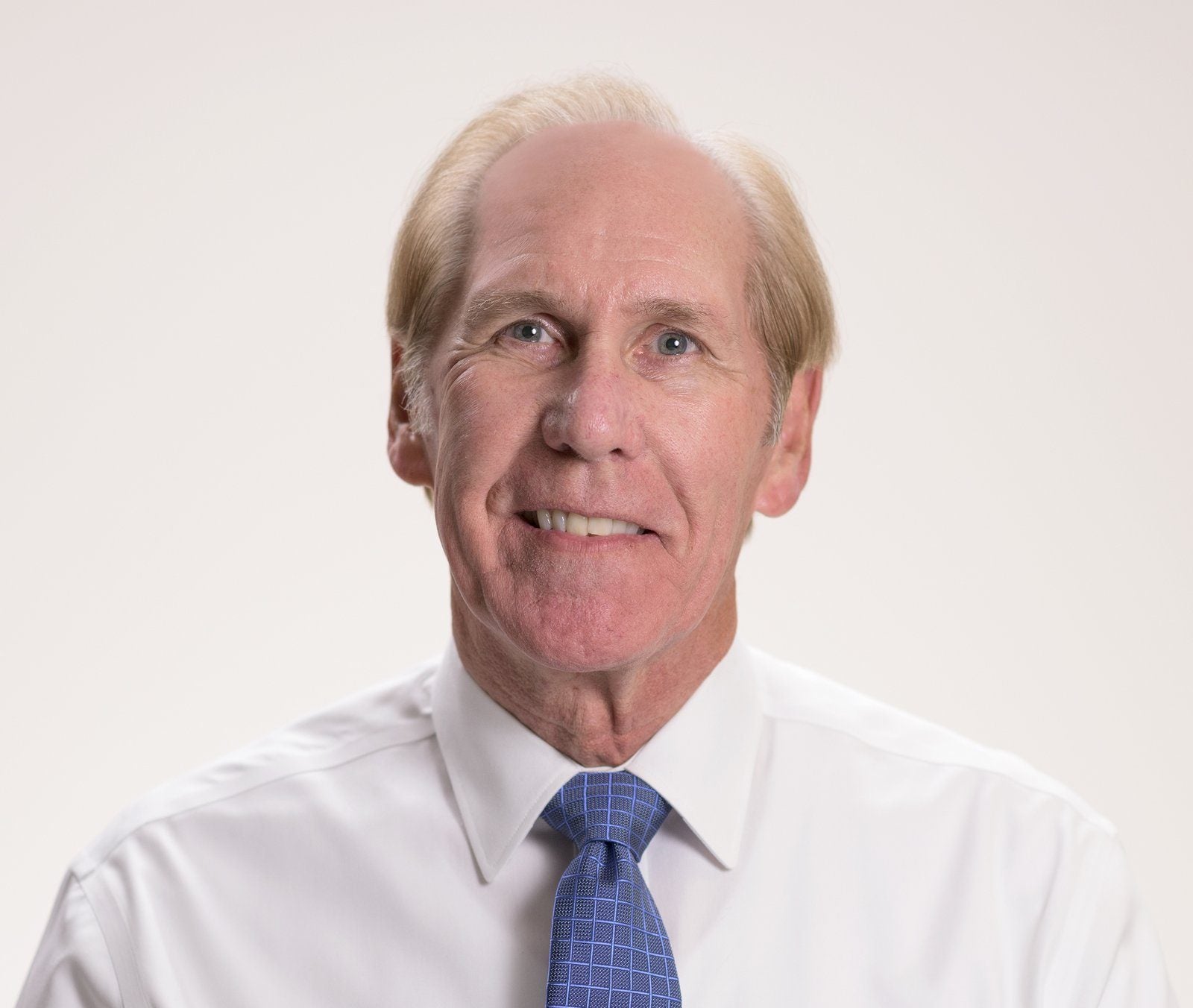Financial responsibility begins with commitment
Published 9:26 pm Monday, February 2, 2015
By Michael Brooks
The Selma Times-Journal
I recently had a little fun with a Facebook friend who posted her delight that the British series “Downton Abbey” was coming back with new episodes.
I replied, “Nothing good has come from England since James Bond, Herman’s Hermits and Maggie Thatcher!”
Well, all in good fun.
It reminded me of my “James Bond” experience when Roger Moore called one night. He told me who he was and I replied light-heartedly that he was my all-time favorite James Bond. Mr. Moore wasn’t in a jovial mode at the time. He told me sternly that my cell phone bill was past due, and I needed to make the payment.
“Mr. Moore,” I replied, “I’ve never owned a cell phone and you are mistaken.”
I didn’t own a cell phone at the time and it turned out that the company confused me with someone in the area with the same name. Mr. Moore never called back nor apologized for his accusation, but the episode illustrates that many people are irresponsible in their financial obligations.
According to TransUnion, the average American with a credit card owes $5,600. The website, nerdwallet.com, states that credit card companies often establish a minimum payment of between four and 6 percent of the bill, which means the debt is never paid off! Many people buried in credit card debt don’t have much to show for their spending sprees.
The well-known financial broadcaster, Dave Ramsey, speaks sternly to callers who admit credit card debt, and he advises against it altogether. I don’t agree completely with Mr. Ramsay since many of us use a credit card for convenience and pay the balance monthly. Plus, I enjoy earning some hotel nights along the way, but it’s true that some folks with a credit card tend to behave like alcoholics with alcohol.
King Solomon had it right so long ago when he wrote, “The borrower is slave to the lender” (Proverbs 22:7).
The Bible says getting our financial house in order begins with honoring God.
“Bring your offering and come to worship him,” the psalmist wrote (Psalm 96:8).
Honoring God with the first and best of our income brings some fringe benefits, as John Wesley discovered so long ago.
Wesley road a circuit in England and brought scores of people to Christ. When he returned later to encourage the new Christians, he found that by and large they had become more prosperous. Wesley said the new believers honored God with their giving and were more responsible with the remainder. They were better managers and more disciplined in their spending and thus were more prosperous.
The process of becoming responsible money managers begins with a commitment to honor God in our lives.


